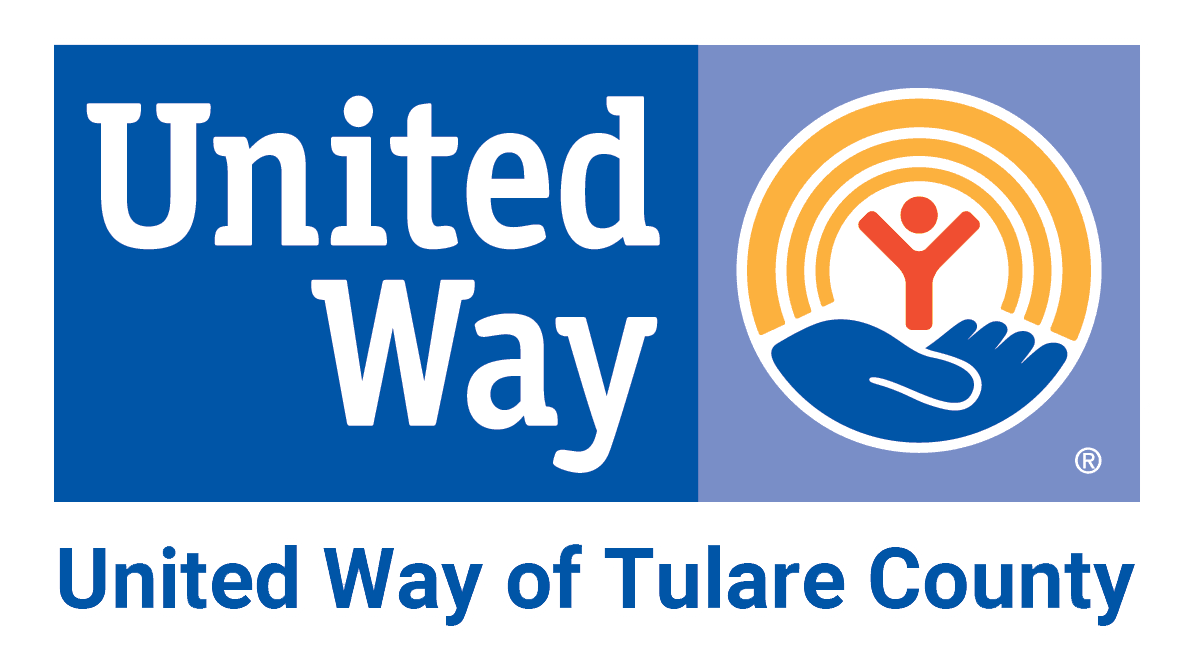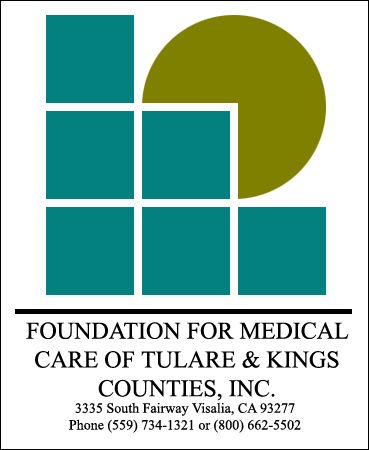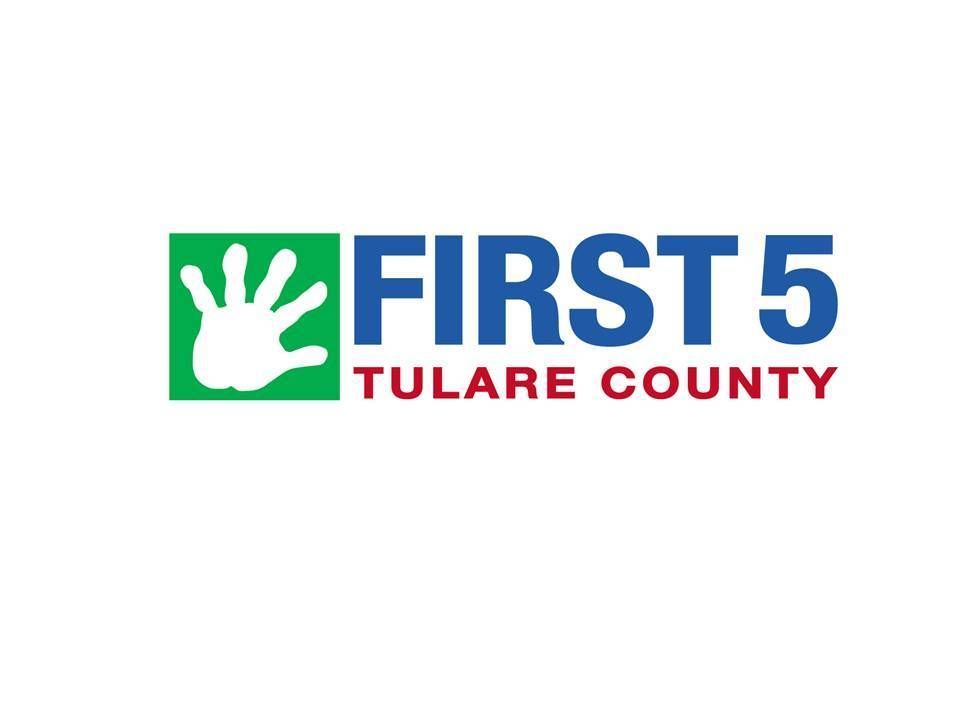What is trauma?
Trauma is an experience that causes intense physical and psychological stress reactions that can overwhelm a person’s ability to cope with the situation and may lead to a loss of physical and emotional safety. Trauma is common, and many people who experience trauma do not suffer long term effects. Others experience short-term effects and still others experience serious, long-term challenges, such as Post Traumatic Stress Disorder (PTSD).
When people are exposed to multiple traumatic events that are invasive and interpersonal in nature, they experience complex trauma. Complex trauma can involve direct harm, exploitation, or maltreatment (e.g. domestic violence, sexual assault, child abuse). Children and adolescents who experience complex trauma are particularly vulnerable because their brains are developing rapidly. Early childhood trauma has been associated with reduced size of the brain cortex, which controls many complex functions including memory, attention, thinking, language, and consciousness. These physical changes to the brain can affect children for the rest of their lives as they struggle with attachment, relationships, elevated stress responses, and management of emotions.
Traumatic experiences in childhood have also been linked to physical health conditions throughout the lifespan. The Adverse Childhood Experiences (ACE) Study is a longitudinal study that explores the long-lasting impact of childhood trauma. The ACE Study includes more than 17,000 participants ranging in age from 19 to 90. Researchers gathered medical histories over time while also collecting data on the subjects’ childhood exposure to abuse, violence, and household dysfunction. More than half of participants reported having experienced at least one traumatic experience during childhood, and one-fourth reported having experienced more than two. Results demonstrated a strong, graded relationship between the breadth of exposure to traumatic experiences during childhood and the risk of mental and substance abuse disorders, chronic physical diseases such as cancer and heart disease, and early death.
How common is it?
- More than two-thirds of U.S. adults have experienced some type of traumatic event at least once in their lives.
- 68% of children and adolescents have experienced a traumatic event by the time they are 16 years old.
- About 90% of individuals served in behavioral health settings have experienced trauma.
What does Family Services do?
The vast majority of Family Services’ clients have experienced complex trauma. We also recognize that a significant percentage of our employees were drawn to this field due to their own experiences with trauma. Family Services is committed to providing programs and services to our clients and a workplace for our employees in a context that is trauma-informed—based on the knowledge and understanding of trauma and its far-reaching effects over the lifespan. We train all of our employees on trauma and work to create an environment that promotes physical and emotional safety and reduces the risk of re-traumatization.
Family Services’ core trauma-informed values include:
- Safety: Family Services’ staff and clients feel physically and emotionally safe.
- Trustworthiness: Family Services’ operations and decisions are conducted with transparency with the goal of building and maintaining trust.
- Choice: Clients participate in shared decision making, choice, and goal-setting to determine the plan of action they need to heal and move forward.
- Collaboration/connection: Everyone (program staff, support staff, administrators, and volunteers) has a role to play in a trauma-informed approach.
- Empowerment: Individuals’ strengths, experiences, and internal personal power are recognized and built upon.
Sources:




